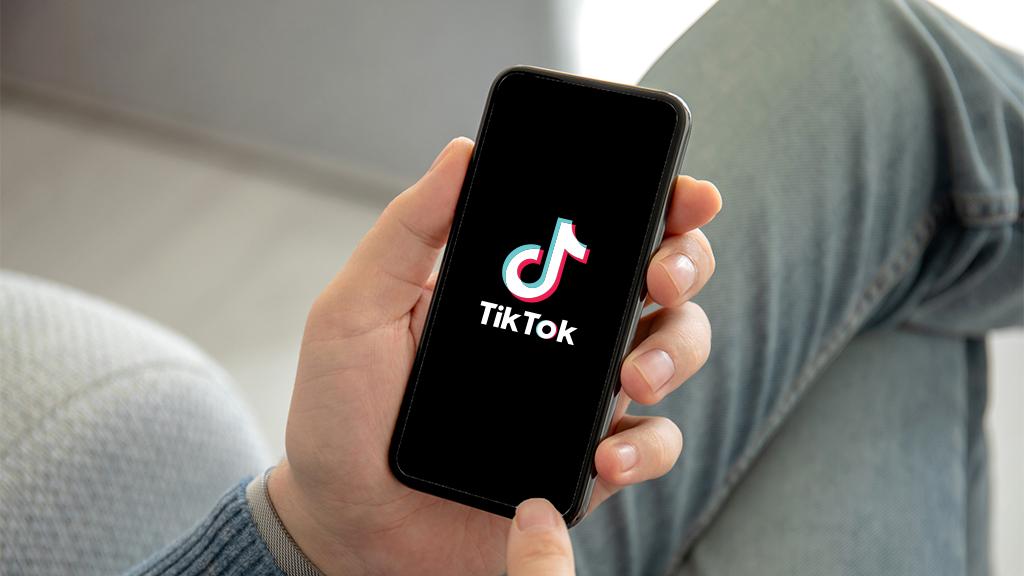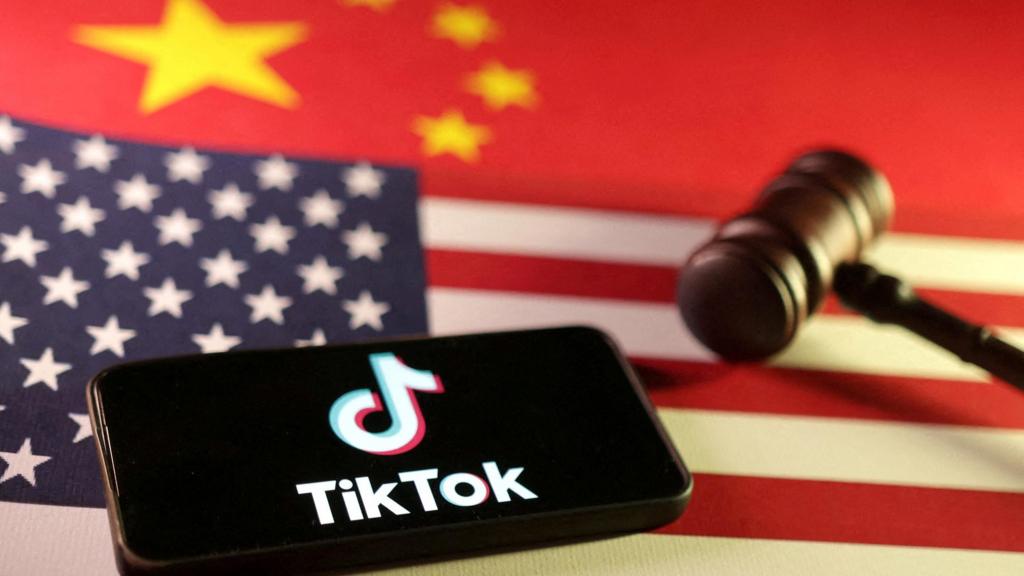TikTok’s Evolution: From Fun, Free App to National Security Threat

TikTok may be banned in the United States after the Supreme Court upheld a law targeting the app’s ownership by Beijing-based ByteDance. This brings years of concerns regarding its privacy issues as well as potential threats to national security to its peak.
The Rise of TikTok
Origins (2016-2017): ByteDance introduced TikTok worldwide after Douyin’s success in China and after acquiring the app of the same type, Musical.ly. The content of the platform began to engage global audiences as the original algorithms began to dominate its offering.
Pandemic Boom (2020): TikTok would become an overnight hit over the years of the COVID-19 outbreak leading to millions of users across the globe.
Growing Security Concerns
TikTok’s exponential growth was shadowed by suspicions of:
Data Privacy Risks: Concerns of users’ data being operated by the Chinese authority.
Addiction and Propaganda: App anxieties, especially its impact on users, especially the youthful population.
Geopolitical Implications: Increased privacy concerns owing to Sino-suspicion relationships with several countries such as India that recently banned the APP.
Targeted by the U.S.
Trump Administration (2020): Once learner and recently former President Donald Trump tried to block TikTok citing data harvesting and content moderation allegations but without subsequent proof.
Biden Administration (2024): A law was passed that ByteDance needs to divest TikTok and failure to do so was going to be banned due to risks of Chinese influence.

Legal case and controversy
Though ByteDance took steps like storing U.S. user data on Oracle’s servers, the company had never successfully shake the doubts. It continued with high profile hearings and lawsuits for ByteDance to challenge the U.S government over free speech.
Supreme Court Decision and Its Implication
On Friday the 15th of December 2024 the Supreme Court sided with the U.S. government as a law was approved to effectively ban TikTok unless ByteDance sells it to a company that is not connected to China. The app is planned to stop functioning in the United States by January 19, 2025, if no measure is taken.
What’s Next?
TikTok’s Stance: ByteDance has said that it has never provided user data to the Chinese government and urges for “comprehensive” assurances against shutdown.
Incoming Administration: Donald Trump the president elect has indirectly threatened to take an action concerning the matter.
Potential Impact: As it looks, leaving 170 million US users behind, TikTok’s departure will change the face of social media and reopen discussions on digital sovereignty .
Waiting for the final decision no more, the fate of Tiktok in the United States is now a testament of technology, political strategies and national securities.
